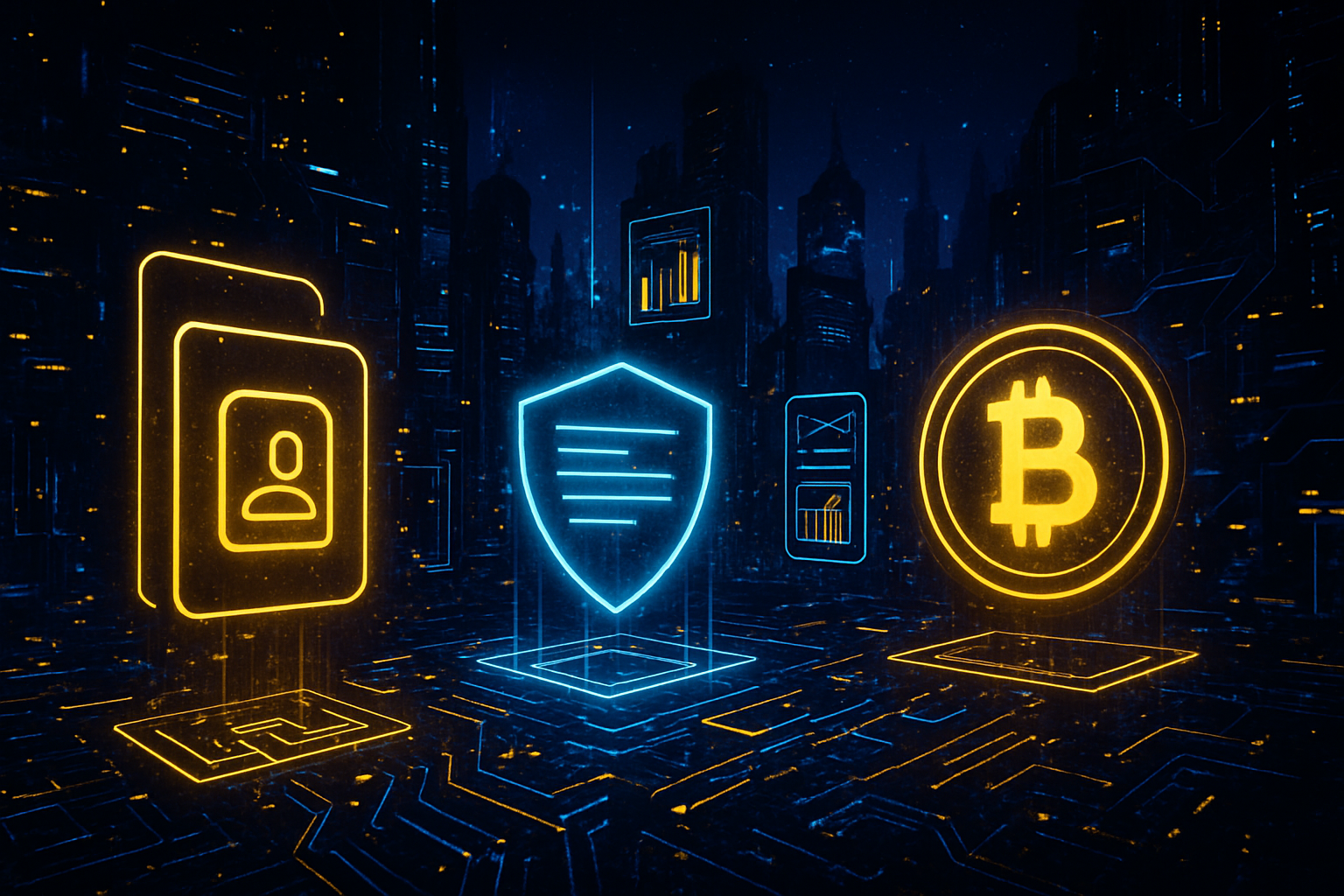
Imagine a world where you only have to prove your identity once, and then reuse that verification across every Web3 platform you join. That’s the promise of self-sovereign identity wallets (SSI wallets) in the Web3 era, a game-changer for privacy, user experience, and compliance. As decentralized finance and onchain services mature, the need for secure, privacy-preserving digital identity is more urgent than ever.

Why Traditional KYC Is Broken for Web3
Anyone who’s signed up for multiple crypto exchanges or dApps knows the pain: you upload the same passport, selfie, and proof-of-address again and again. Not only is this tedious, but it also increases the risk of personal data leaks as your sensitive information is stored in multiple databases. In fact, repeated KYC submissions are a top vector for data breaches in both CeFi and DeFi.
Web3’s ethos is all about user control and decentralization. Yet, until recently, identity verification has lagged behind, forcing users to rely on siloed, centralized KYC providers. SSI wallets flip this model on its head by letting users own and manage their verified credentials, sharing only what’s necessary, when it’s needed.
How SSI Wallets Enable Reusable KYC in Web3
SSI wallets leverage decentralized identifiers (DIDs) and verifiable credentials (VCs) to create a portable, privacy-preserving identity layer. Here’s how the process works:
How Reusable KYC Works with SSI Wallets
-
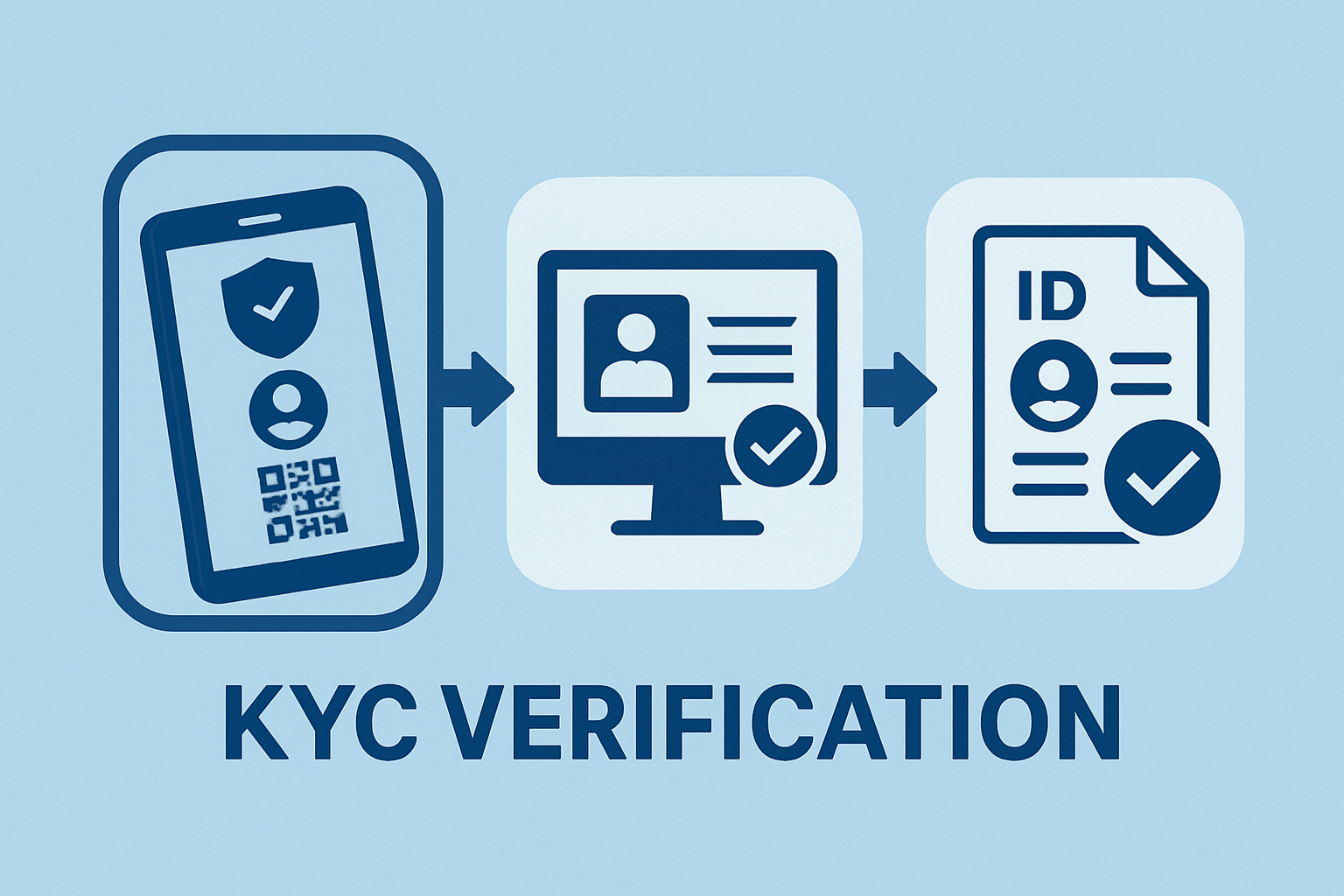
1. Complete KYC Once with a Trusted ProviderUsers start by verifying their identity with a reputable KYC provider. The verified credentials—such as government ID, proof of address, or biometric data—are securely issued to their SSI wallet as digital credentials.
-
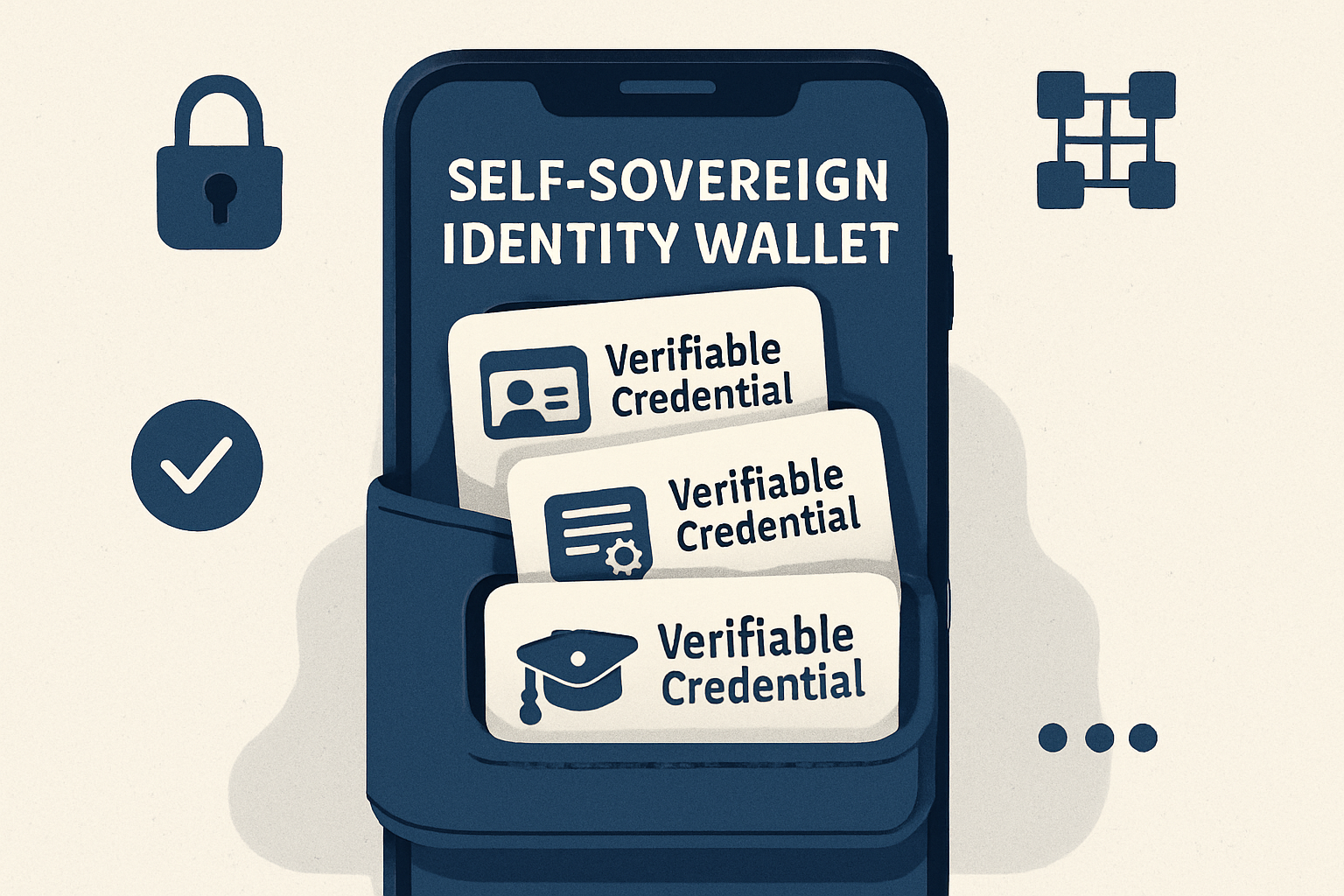
2. Store Verifiable Credentials in Your SSI WalletAfter verification, users receive verifiable credentials (VCs) in their SSI wallet. These credentials are cryptographically secured and controlled solely by the user, ensuring privacy and ownership.
-
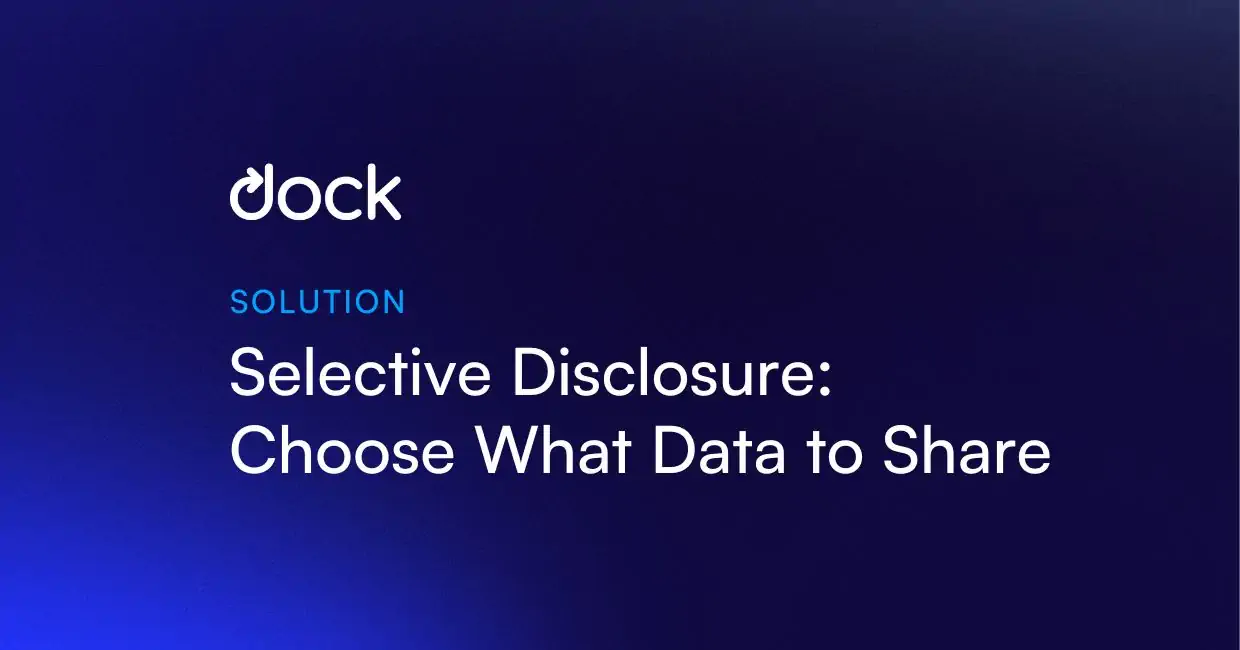
3. Selectively Share Only Necessary DataWhen accessing a new Web3 platform, users can selectively disclose only the required credentials (e.g., proof of age or nationality) from their SSI wallet, without revealing unnecessary personal information.
-
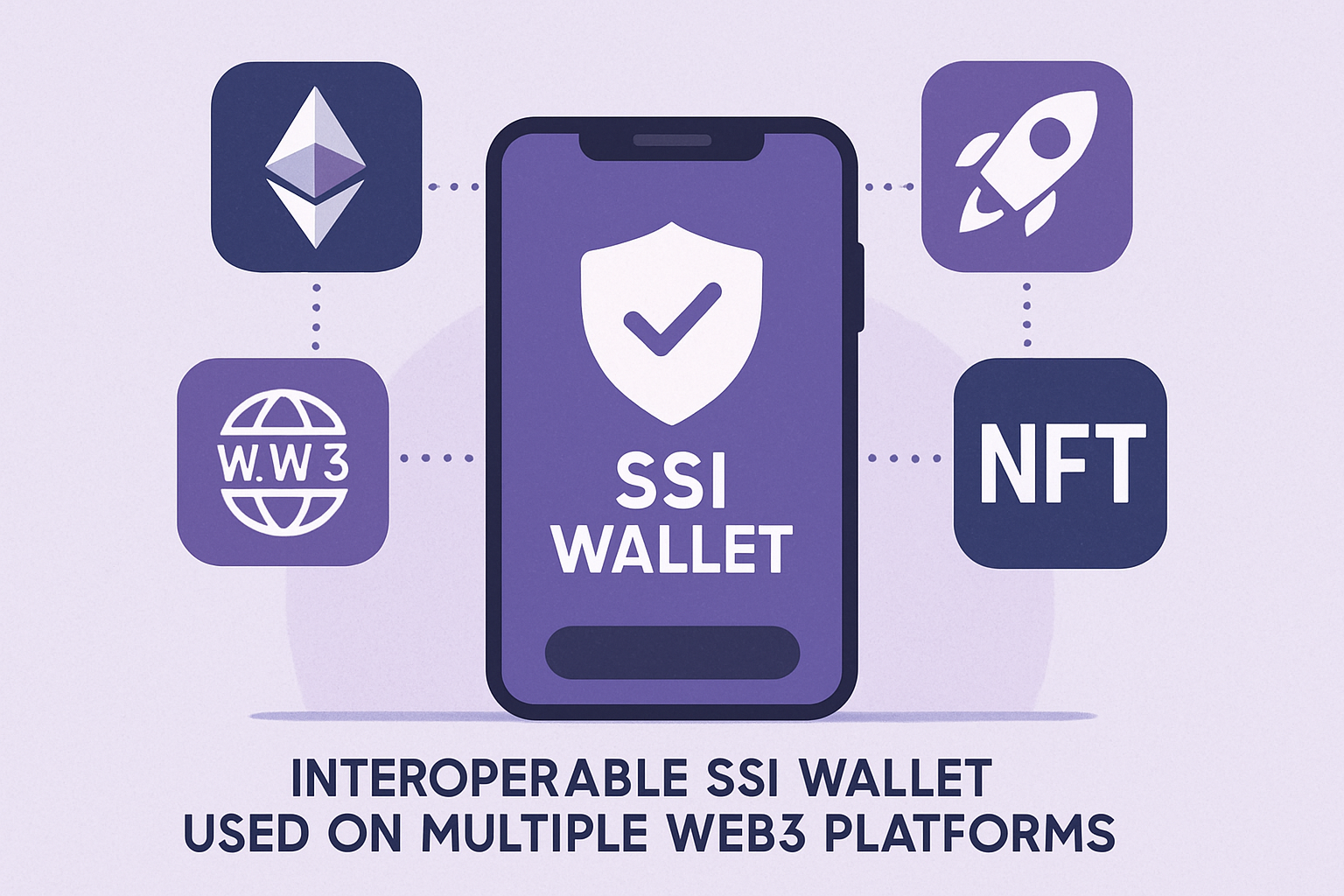
4. Enjoy Interoperability Across PlatformsSSI wallets are designed to be interoperable, allowing users to reuse their verified credentials across multiple Web3 services—no need to repeat the KYC process for each new platform.
-
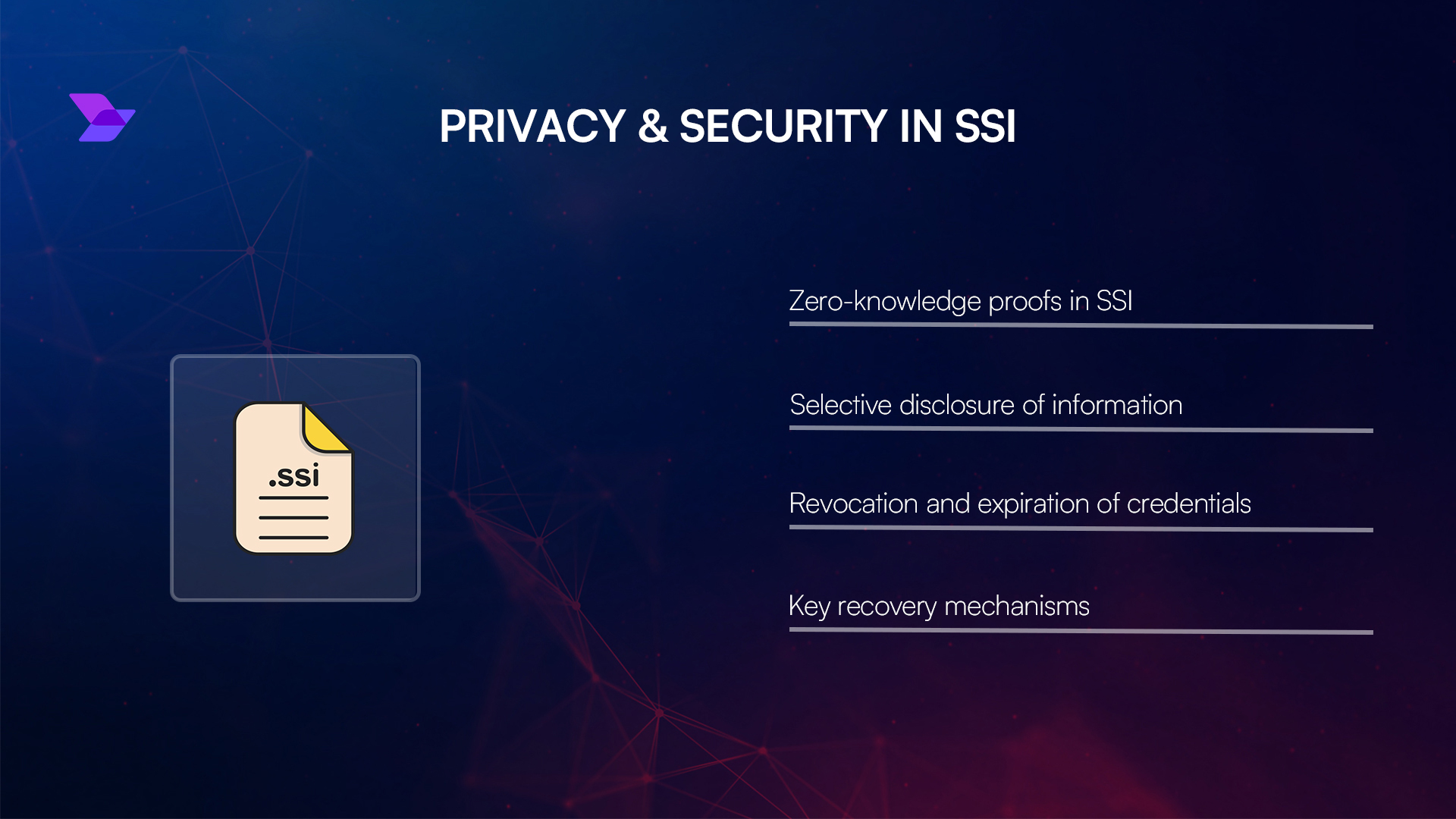
5. Benefit from Enhanced Security and PrivacyBecause users control their credentials and share only what’s needed, data exposure is minimized, reducing the risk of breaches and improving privacy compared to traditional KYC methods.
-
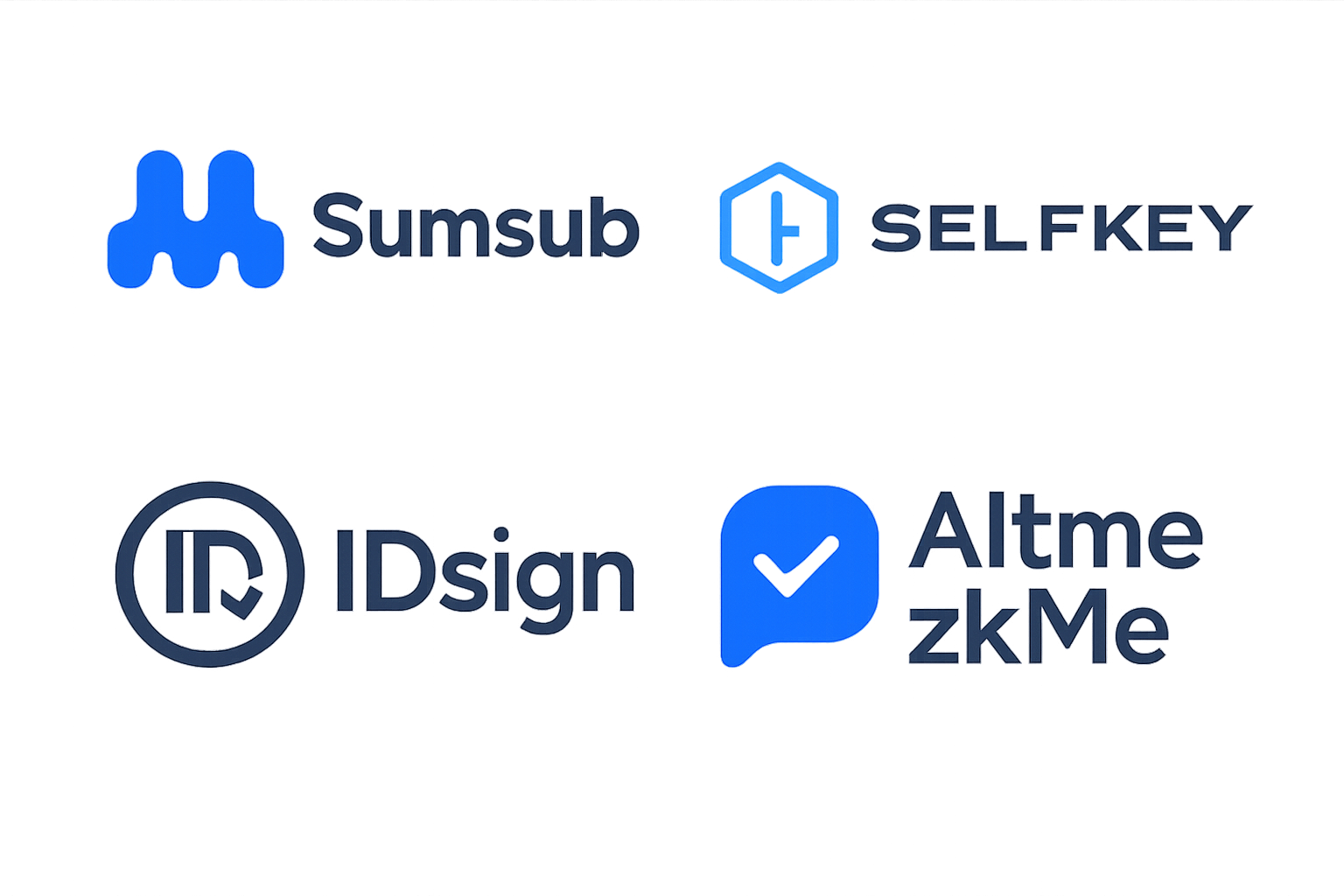
6. Real-World Examples of SSI Wallets Enabling Reusable KYC– Sumsub’s Reusable Digital ID on Solana: One-time KYC generates a reusable Sumsub ID for seamless access across Solana-based apps.- SelfKey Identity Wallet: Store and manage KYC documents for one-click verification on various platforms.- IDsign’s Proof-of-Humanity NFT: Receive a non-transferable NFT as proof of KYC, reusable on multiple Web3 platforms.- Altme Wallet: Free KYC verification with credentials reusable across Web3 apps.- zkMe’s zkKYC Solution: Zero-knowledge proof-based KYC for anonymous, reusable verification.
Once you complete a KYC verification with a trusted provider, your verified credentials (such as proof of age or residency) are cryptographically signed and stored in your wallet. When a new dApp requests KYC, you can selectively disclose only the required information, no more oversharing or uploading the same documents everywhere. This not only streamlines onboarding but also minimizes your attack surface for identity theft.
Real-World Examples: SSI Wallets Powering Reusable KYC
The market is evolving fast, with several projects already delivering on the promise of reusable KYC in Web3:
- Sumsub’s Reusable ID on Solana: Complete KYC once, generate a Sumsub ID linked to your Solana wallet, and access dozens of apps without repeating the process.
- SelfKey Identity Wallet: Store and manage all your KYC documents in one place for one-click verification across Web3 services.
- IDsign’s Proof-of-Humanity NFT: Receive a non-transferable NFT as proof of completed KYC, accepted by partner platforms for instant access.
- Altme Wallet: Free KYC checks result in verifiable credentials you can use across DeFi, gaming, and more, without exposing extra data.
- zkMe zkKYC: Complete anonymous, zero-knowledge KYC once and reuse credentials everywhere, keeping your personal info private.
These solutions are already saving time and money for users and platforms alike. For a deeper dive into how decentralized identity is transforming onchain compliance, check out this resource.
The Benefits: Privacy, Efficiency, Compliance
The advantages of SSI wallets for reusable KYC go far beyond convenience. By empowering users to control their credentials, these wallets reduce the risk of data breaches and identity theft. Selective disclosure means you only share what’s necessary, no more giving up your entire identity profile just to access a single dApp.
For organizations, this model slashes onboarding costs and operational overhead. Instead of running redundant checks on every new user, platforms can instantly verify trusted credentials, while still staying compliant with global regulations. The result is a smoother user experience and a safer Web3 ecosystem.
But the impact of self-sovereign identity wallets on reusable KYC in Web3 is even more profound when you look at the ripple effects across the ecosystem. As more platforms adopt interoperable SSI standards, users gain unprecedented mobility, their verified credentials become a true passport for the decentralized internet. This is especially critical as DeFi, NFT marketplaces, and onchain banking increasingly demand robust, privacy-preserving identity verification.
Key Challenges and How SSI Wallets Overcome Them
While the promise is huge, reusable KYC in Web3 isn’t without hurdles. Interoperability between identity providers, regulatory acceptance, and user education are ongoing battles. However, leading SSI wallet projects are addressing these head-on by leveraging open standards like DIDs and VCs, and by collaborating with regulators to ensure compliance frameworks recognize verifiable credentials as legally valid.
Zero-knowledge proofs are another game-changer. Solutions like zkMe’s zkKYC allow users to prove eligibility (for example, being over 18 or not being on a sanctions list) without revealing their full identity. This is a radical departure from legacy KYC, where platforms often collect far more data than they need, putting both users and businesses at risk.
What’s Next? The Future of Reusable KYC in Web3
The next wave of innovation will be about scaling adoption and deepening interoperability. Imagine a future where your SSI wallet lets you:
Exciting Future Use Cases for SSI Wallets in Web3
-
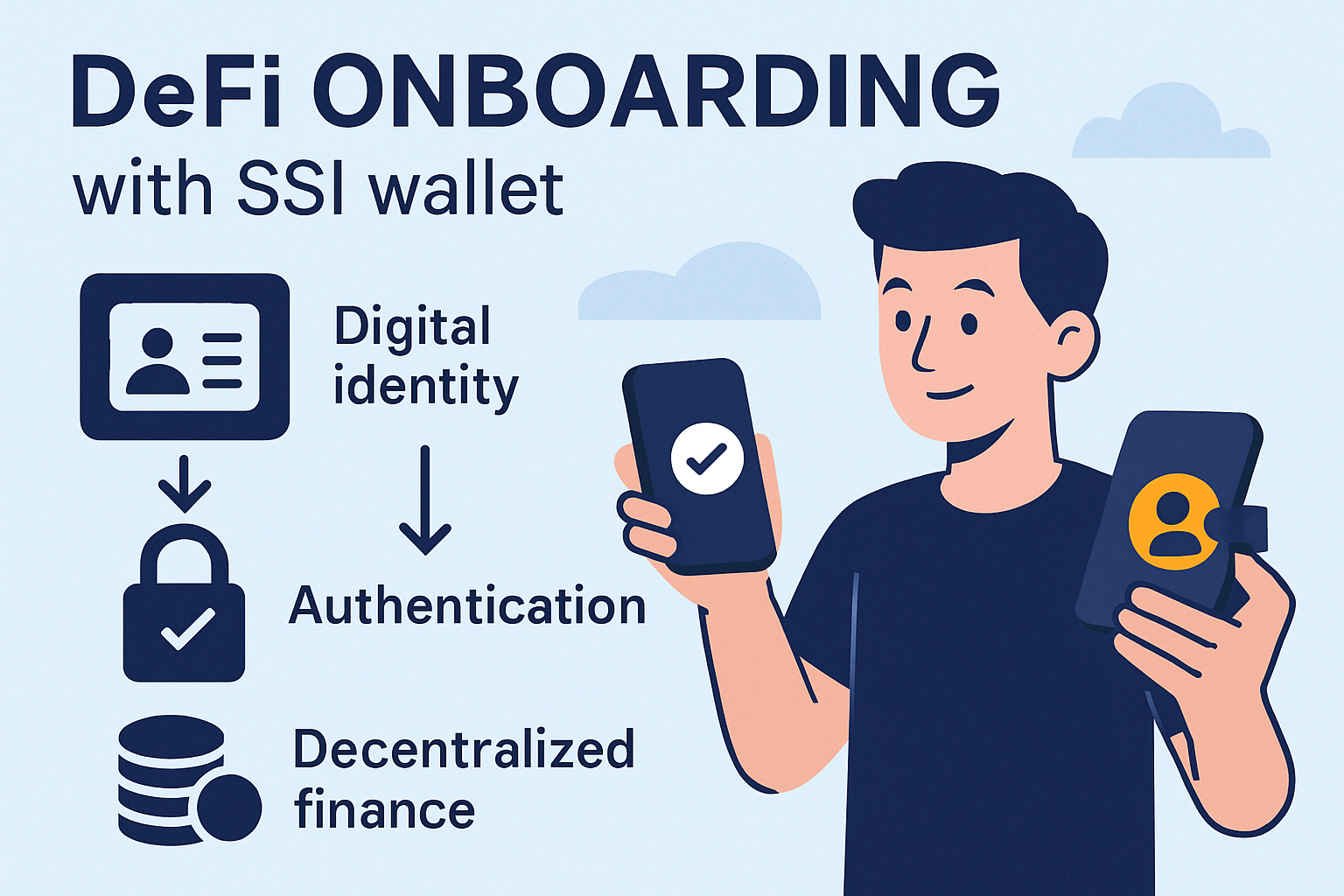
Instant Onboarding to New DeFi Platforms: SSI wallets let users reuse verified KYC credentials for seamless, one-click access to DeFi protocols—no more repetitive identity checks or document uploads.
-
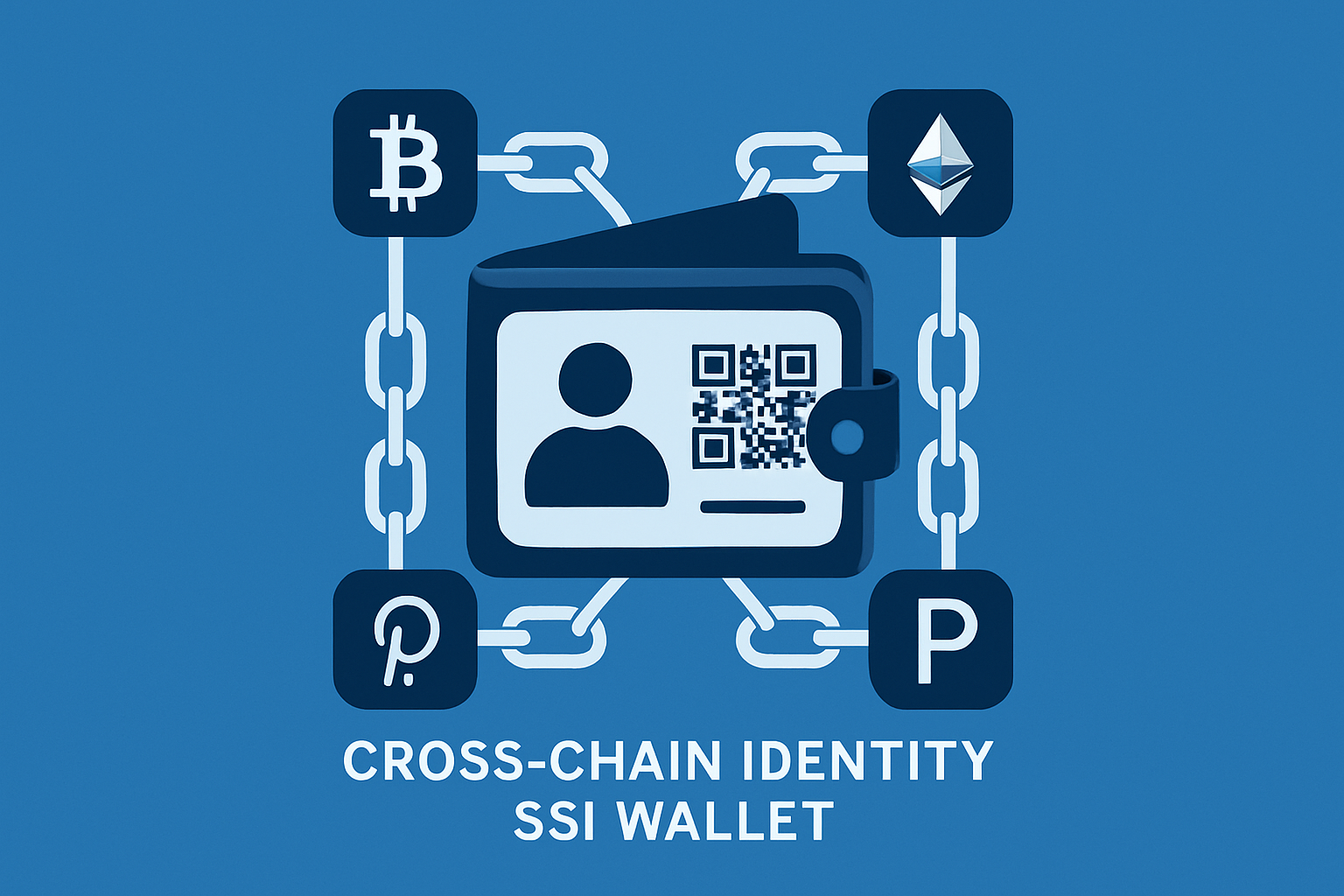
Cross-Chain Identity Verification: With interoperable SSI wallets, users can prove their identity across multiple blockchains, enabling smooth participation in diverse Web3 ecosystems without re-verifying on each network.
-
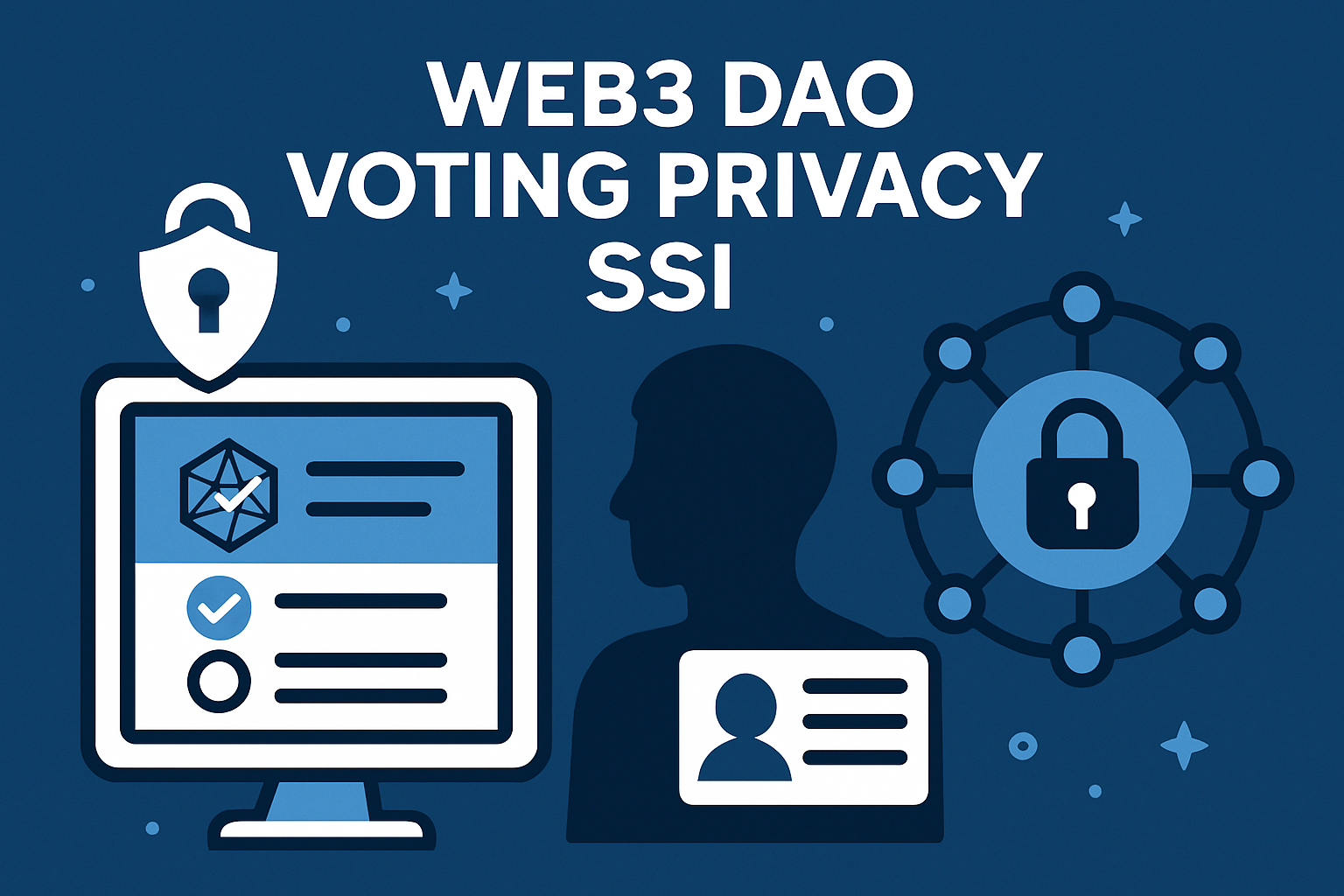
Privacy-Preserving Voting: SSI wallets support anonymous, verifiable voting in DAOs and governance platforms, allowing users to prove eligibility without exposing personal data.
-
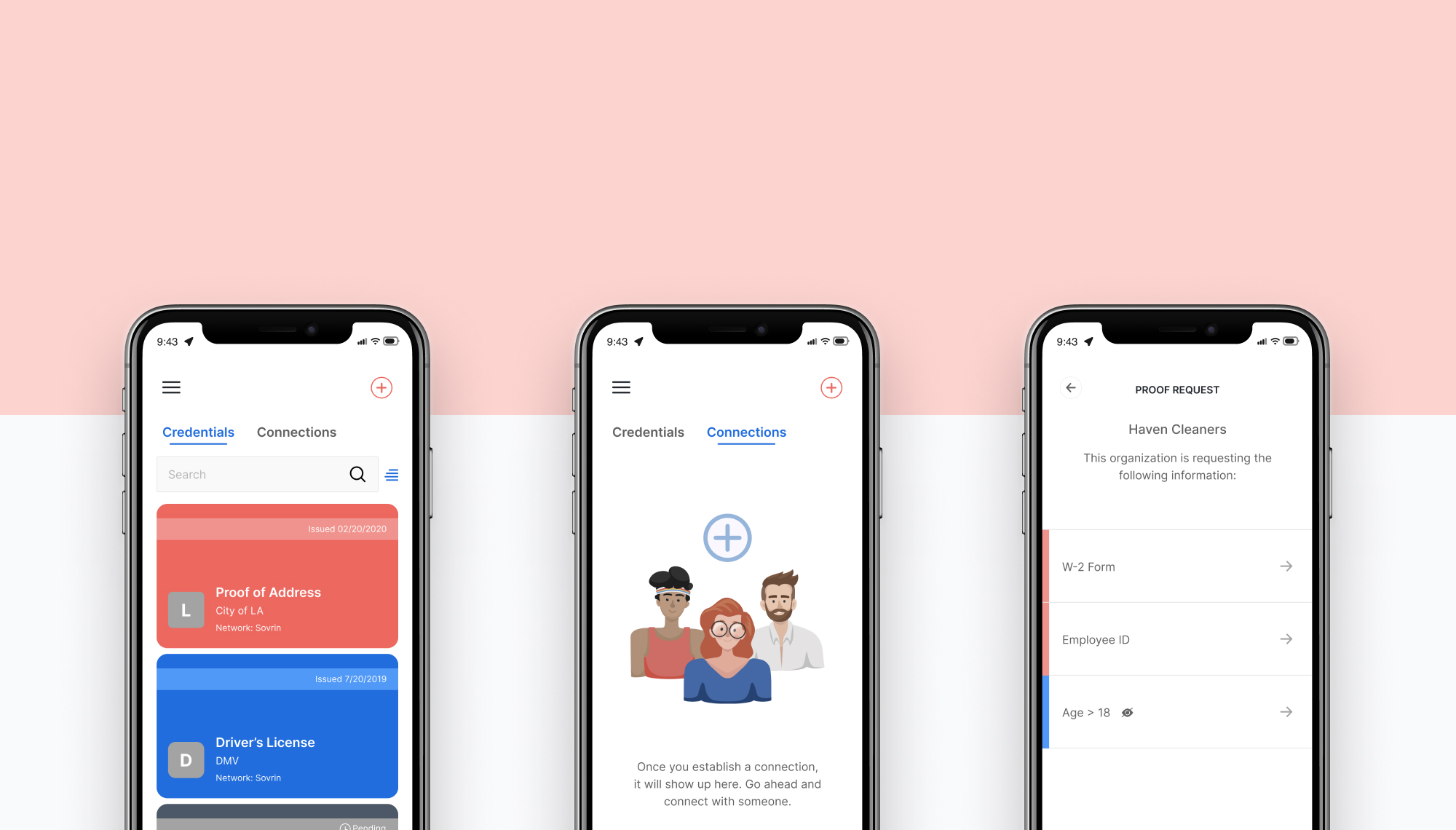
Age-Restricted Access to DApps: SSI wallets enable selective disclosure of age credentials, granting access to age-gated services (like NFT marketplaces or gaming) without revealing full identity.
-
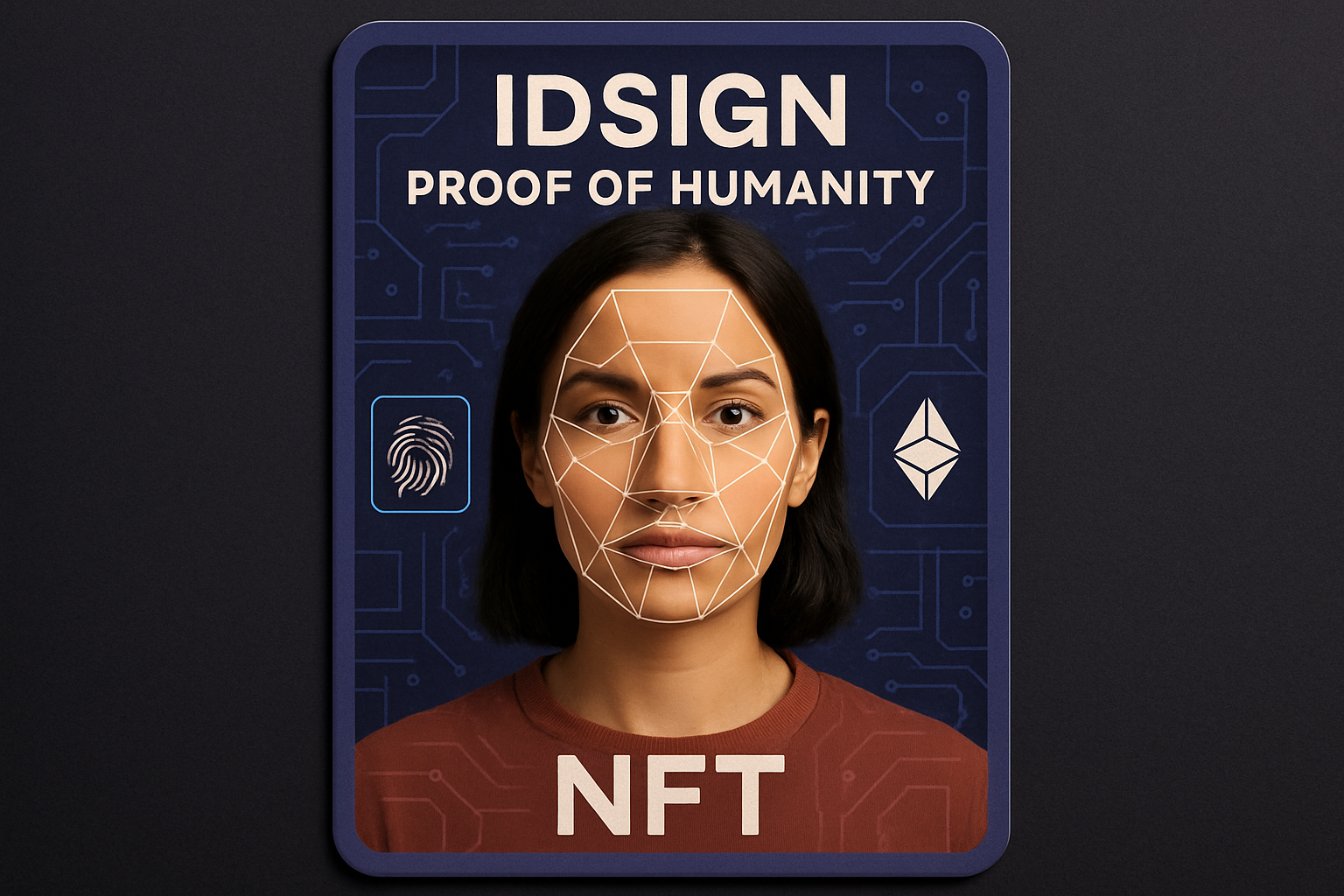
Reusable Proof-of-Humanity for Airdrops: Projects can use SSI-verified credentials or NFTs (like IDsign’s Proof-of-Humanity) to ensure airdrops reach real, unique users—blocking bots and sybils efficiently.
-
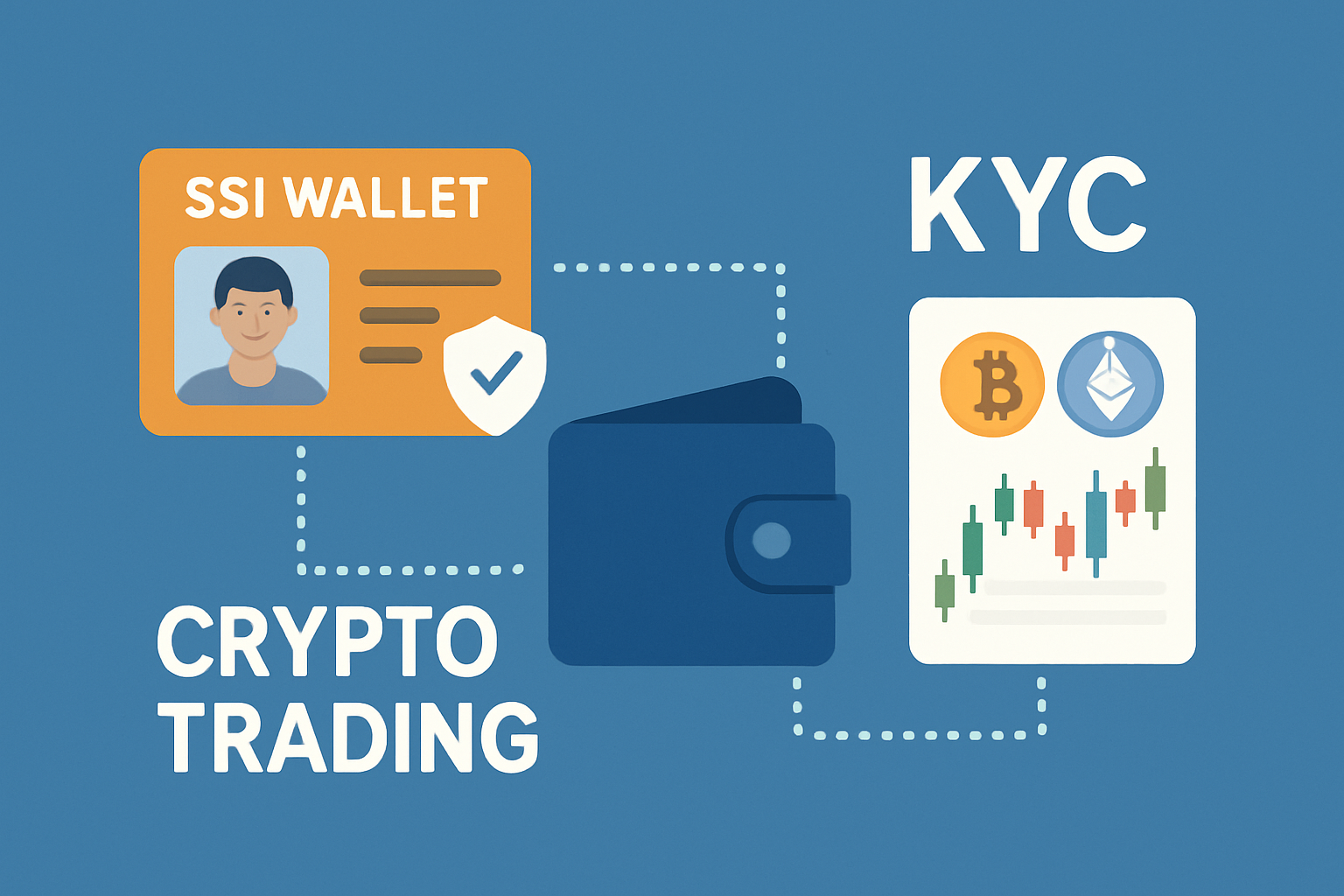
Compliant Cross-Border Crypto Trading: SSI wallets allow users to meet KYC/AML requirements on global exchanges and trading platforms, making cross-border crypto activity smoother and more secure.
-
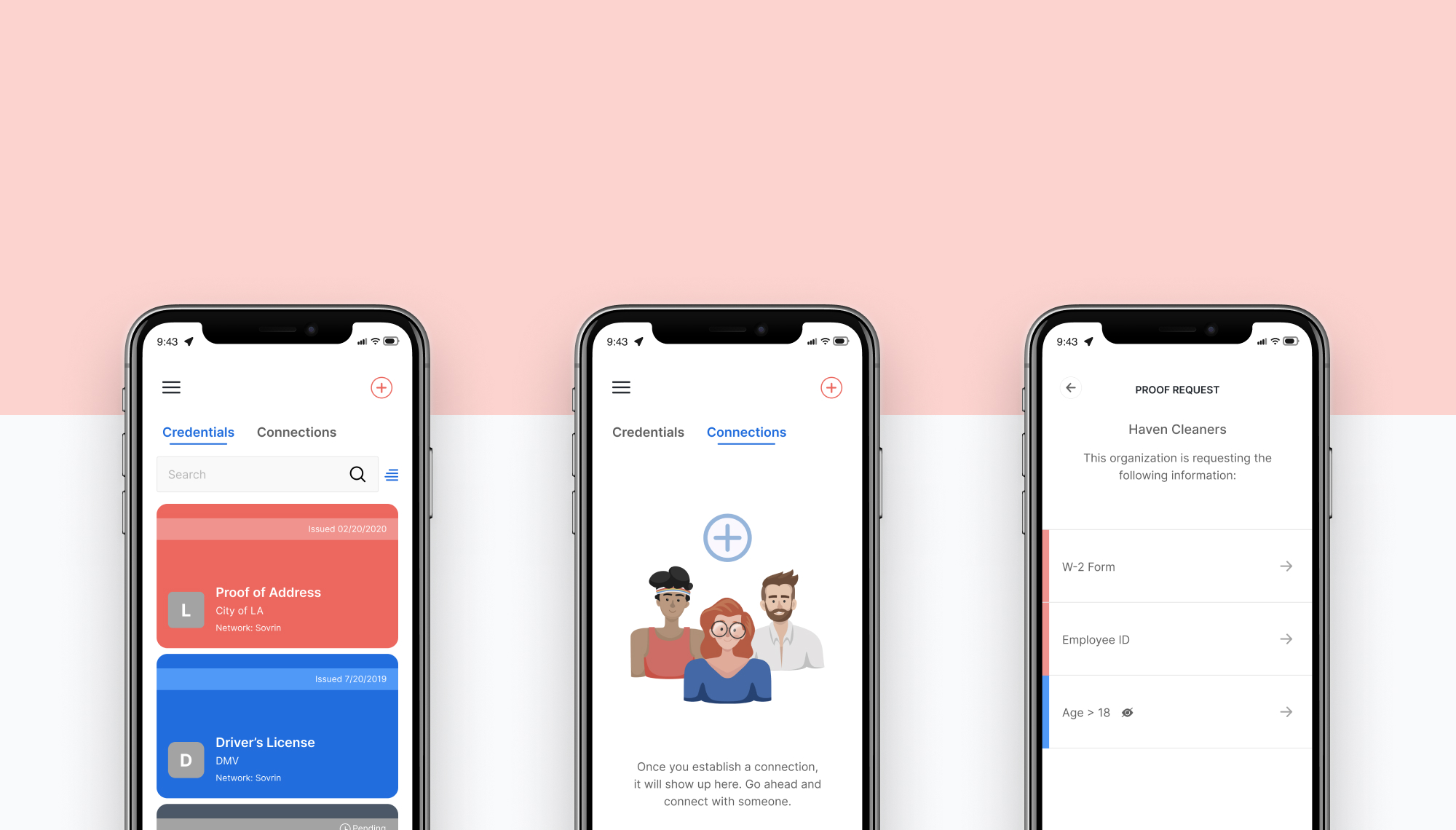
One-Click Access to Web3 Social Networks: SSI wallets provide verified, portable identities for instant sign-up and reputation building on decentralized social apps—no more endless sign-ups or fake profiles.
We’re already seeing movement in this direction. Projects like IDOS Network are pushing the boundaries by enabling portable identity across dozens of chains, while initiatives like onchain attestations make allowlist management seamless and secure. These developments point to a future where onboarding friction is a thing of the past and privacy is the default, not the exception.
How to Get Started with SSI Wallets
If you’re ready to experience the benefits of reusable KYC, start by choosing an SSI wallet that supports verifiable credentials and selective disclosure. Look for wallets that integrate with your favorite Web3 platforms and prioritize open standards for maximum portability. For developers and organizations, adopting these tools means not just compliance, but also a competitive edge in user trust and onboarding speed.
Ultimately, self-sovereign identity wallets are setting a new standard for digital identity, one where privacy and usability go hand in hand. As adoption accelerates, expect to see reusable KYC become not just a feature, but a baseline expectation for Web3 services. The winners will be those who put users back in control of their digital selves.

